For decades, the Biya regime has perfected the art of electoral control. Before a single ballot is cast, the playing field is already tilted beyond recognition. The constitution places no term limits on the presidency. The electoral body, ELECAM, remains firmly under government control. Opposition parties face harassment, restrictive laws, and a state media that functions as the ruling party’s megaphone.
By Funtong Daniel, MSN, AGACNP
Disclaimer: This narrative is a work of political fiction and analysis based on a hypothetical scenario. It is intended for analytical and illustrative purposes.
On October 12, 2025, Cameroonians will head to the polls for what is officially described as a presidential election. In reality, it is anything but. The event is shaping up to be a carefully stage-managed spectacle designed not to reflect the will of the people but to sustain a regime that has clung to power for over four decades. At the center of this drama stands Paul Biya, a 92-year-old leader who has ruled since 1982, and who now seeks yet another term. He is presented as the candidate of the future, even as villages in Southern Cameroons continue to burn under the weight of a deep and unresolved constitutional crisis.
This election is not happening in a political vacuum. It is the culmination of decades of centralization, the hollowing out of democratic institutions, and the systematic refusal to confront the foundational question of Southern Cameroons. By fielding Biya once again and ignoring the legal and historical grievances of millions in the former British territory, the regime is not simply rigging an election—it is accelerating the country’s slide toward permanent fragmentation.
Three main forces shape this moment. The first is the Biya regime itself: a structure built on gerontocracy, state control, and denial. Its survival depends on its ability to manipulate every lever of power. The second is Issa Tchiroma Bakary, a former insider turned challenger. His candidacy represents both a crack in the ruling elite and the limits of change from within. The third, and perhaps most significant, is the “ghost at the banquet”: Southern Cameroons. This unresolved national question hangs over the entire electoral exercise, rendering any outcome fundamentally illegitimate in the eyes of millions.
The Mechanics of a Pre-Ordained Victory
For decades, the Biya regime has perfected the art of electoral control. Before a single ballot is cast, the playing field is already tilted beyond recognition. The constitution places no term limits on the presidency. The electoral body, ELECAM, remains firmly under government control. Opposition parties face harassment, restrictive laws, and a state media that functions as the ruling party’s megaphone.
On election day itself, the manipulation becomes more brazen. Ghost polling stations are created in areas favorable to the regime. Local administrators — prefects, sub-prefects, and mayors — act as political operatives rather than neutral officials. In restive regions like Southern Cameroons, soldiers are deployed ostensibly to “secure” the vote, but their presence creates an atmosphere of fear that effectively disenfranchises the population. Ballot stuffing and inflated turnout figures complete the script. By the time the results are announced, the outcome is already known.
Paul Biya: The King in His Labyrinth
At 92, Paul Biya’s candidacy is less about leadership than about preserving a fragile political ecosystem. His longevity is not an accident. Over the years, he has mastered the art of doing nothing strategically—allowing crises to linger until the entire political class sees him as the only figure capable of holding the system together.
His famous statement that he will “never resign” is not a boast; it is a reflection of a system where power is personal, not institutional. His continued presence guarantees the survival of the networks of patronage and security elites that have thrived under his rule. Choosing Biya again is not about choosing the best leader for Cameroon. It is about choosing the safest option for those who depend on the system to survive.
Issa Tchiroma: Insider’s Challenge, Outsider’s Limits
One of the more intriguing developments in this election is the candidacy of Issa Tchiroma Bakary. A former minister and government spokesperson, Tchiroma’s decision to break ranks is unprecedented in recent Cameroonian history. His acknowledgment of the Southern Cameroons crisis sets him apart from the CPDM orthodoxy and gives his campaign a veneer of credibility.
However, there are limits to his challenge. Tchiroma is a product of the same system he now critiques. His proposed solutions remain vague and lack the structural vision necessary to address the crisis. In a political landscape so thoroughly rigged, his chances of winning are negligible. Many believe his real objective is to position himself as a relevant figure in the post-Biya era rather than to win the presidency in 2025.
Southern Cameroons: The Foundational Lie
The elephant in the room is Southern Cameroons. The roots of the current crisis stretch back to 1961, when British Southern Cameroons voted to join French Cameroon in a federal arrangement that promised equality between the two territories. That federation was abolished in 1972 through a controversial referendum that centralized power in Yaoundé. To many in Southern Cameroons, this was an unconstitutional annexation.
Since then, no legal framework has replaced the original federal constitution. The current union exists not through law or mutual consent but through military force and political domination. By labeling Southern Cameroonians as “secessionists,” the regime deliberately reframes a constitutional and decolonization issue as a security problem. This strategy justifies military repression while avoiding meaningful negotiation.
This unresolved question casts a long shadow over the October election. A state that refuses to address its foundational legal contradictions cannot claim democratic legitimacy.
A Dangerous Crossroads
The likely outcome of the October 12 election is already clear: a government without moral or political legitimacy, led by a relic of the past, ruling over a fractured nation. This outcome carries profound consequences. The conflict in Southern Cameroons will intensify. Militarization will deepen. The humanitarian crisis will worsen. Over time, the partition of the country—de facto if not de jure—will harden into permanence.
The danger is not confined to Cameroon’s borders. Regional instability, refugee flows, and the potential emergence of ungoverned spaces could spill over into neighboring countries. Yet, the international community remains wedded to a policy of “quiet diplomacy,” prioritizing short-term stability over long-term justice and legality. In practice, this amounts to complicity in a slow-motion state collapse.
A Call to Rethink
For Cameroonians in both territories, the lesson is clear. The focus must shift away from the ritual of flawed elections and toward an honest, inclusive dialogue on the very structure of the state. For the international community, silence is no longer a neutral stance. To prevent a looming catastrophe, foreign governments and institutions must speak out against electoral manipulation, support genuine mediation, and impose targeted sanctions on those responsible for fraud and human rights abuses.
The Final Choice
October 12, 2025, is more than a date on the electoral calendar. It is a turning point. Cameroon is choosing between negotiating a future as a reimagined federal state or sliding into a violent and permanent partition. The world must not stand by as a country unravels in plain sight.
Funtong Daniel, MSN, AGACNP













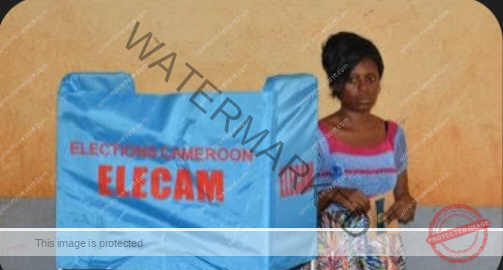
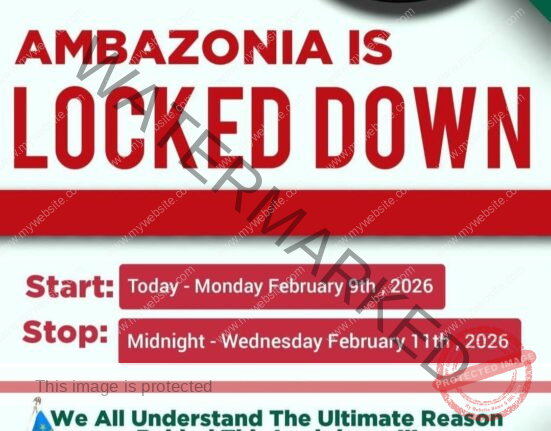
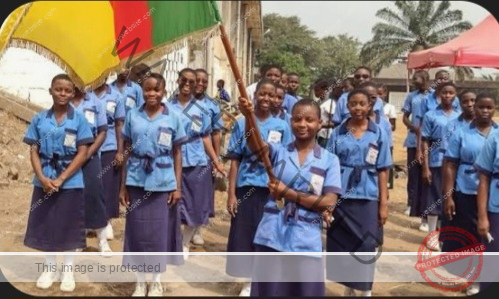
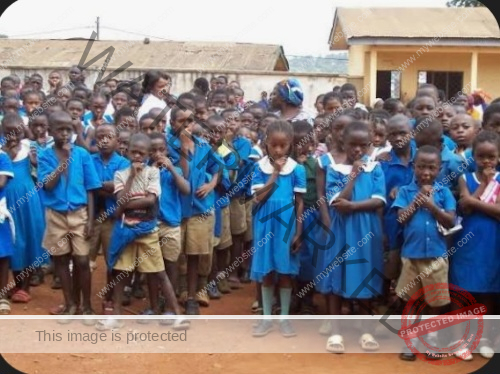
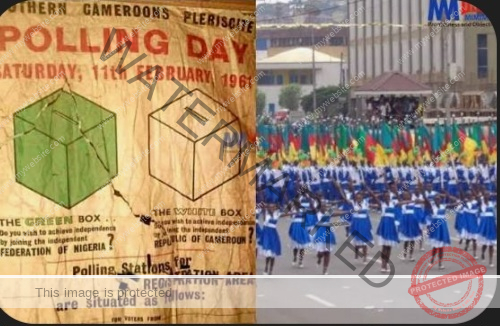
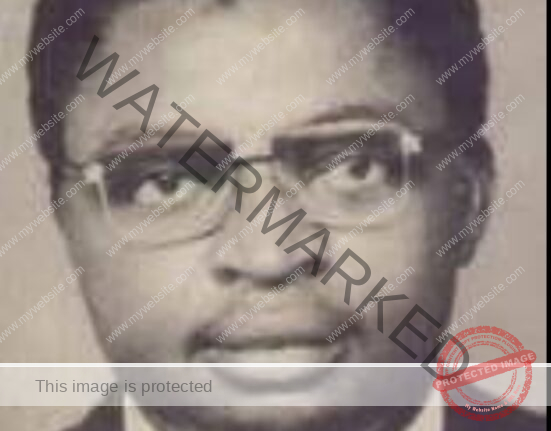
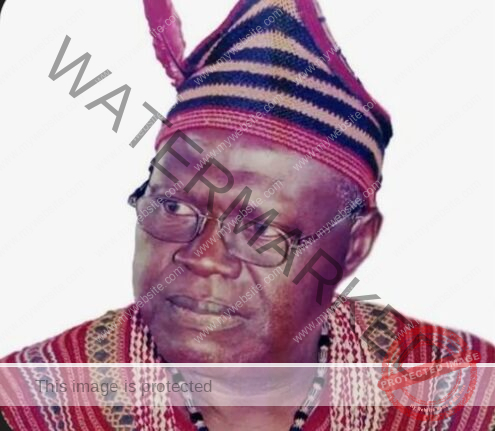

Leave feedback about this